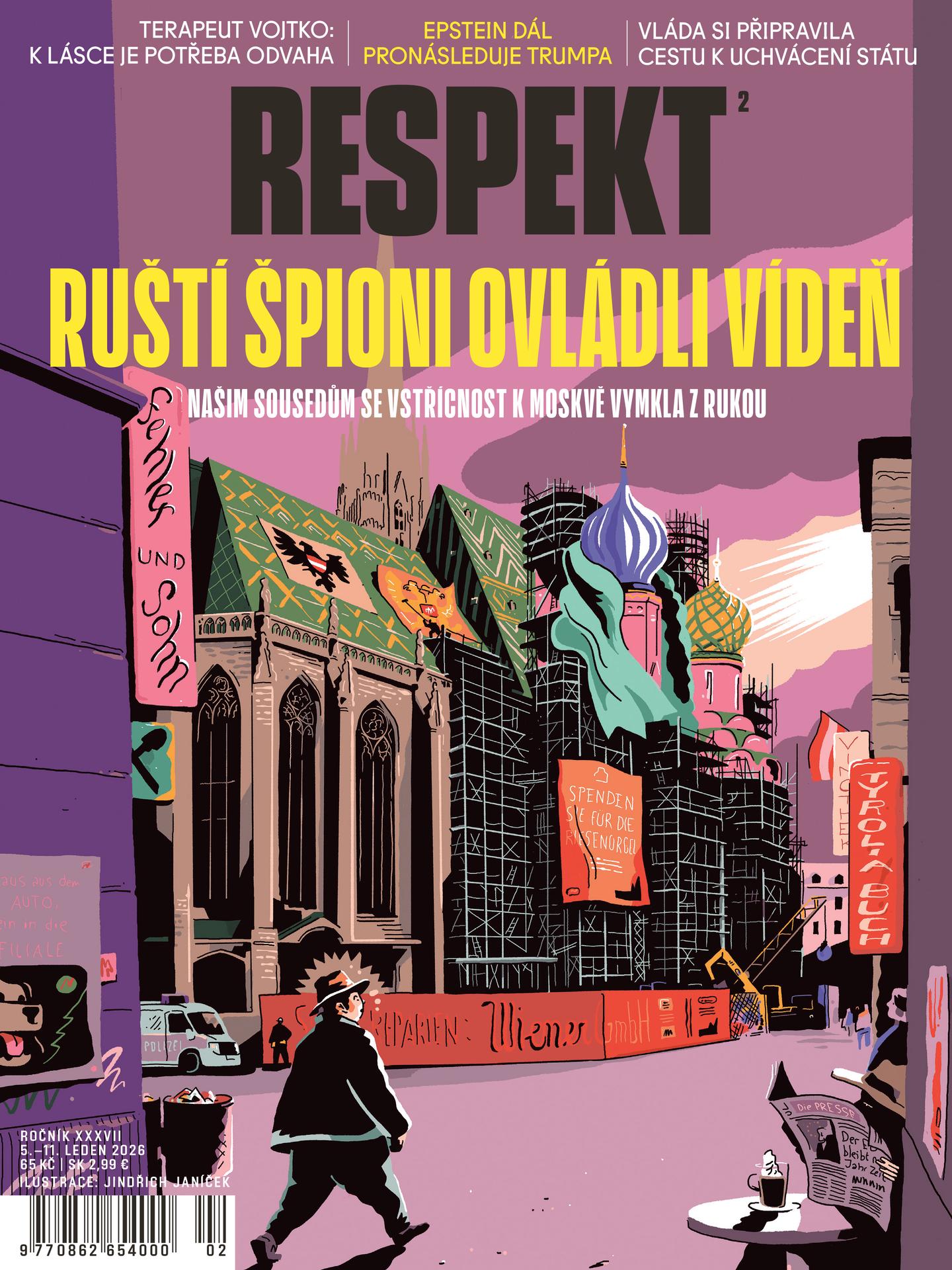Czech Quirks: Open your minds - and your taste buds!
Blog: Tichý Američan v Praze
When you live somewhere, you either forget or don’t know what about your country would amuse foreigners. It’s one of those rules of life. But if you go and live somewhere else, not just for a vacation but for a long time, you have two wonderful opportunities – to discover a new culture, and to tell the locals exactly what is amusing about it. So, dear Czech readers, here are some of the idiosyncrasies that I have noticed in your extremely lovable country.
The Czech system of diminutives for names is extremely useful, and I wish we had something like it in English. It makes so much sense – until you find out that the very common name “Jan” turns into “Honza”. Bit confusing at the beginning, that was.
In my first year of Czech, we learned the construction “na + accusative” to talk about “going for” something, like how “going for a beer” becomes “jít na pivo.” They had a list of examples in the book, which we were going through without event – until we ran into “jít na houby,” and then our professor had to explain the Czech passion for mushrooms. Perhaps unsurprisingly, this is not a thing that you share with everybody.

I am the first person to say that I love living in a country that places a higher importance on practicality than fashion when it comes to clothes, but I will never understand what I have always referred to as ‘Czech pants,’ and what you will recognize as the plaid pants with solid patches on the knees and butt. I saw a pair on a guy when I was at the Louvre, so I went over to test my theory that no one else would ever wear them – and sure enough, he was Czech.
Given the level of anti-Communism in the general culture, the Communist Party sure does keep a high percentage of the vote – while still managing not to have a major effect in the running of the country. Any explanations of this would be highly appreciated, as I happen to be writing a masters thesis on the topic.
Having more than one piece of property can get pretty expensive pretty quickly in the States. It’s rare for anyone to have a beach house, or a lake house, or a cabin the mountains. The prevalence of chatas and chalupas (cabins or cottages) in this country – and the fact that they’re outfitted to accommodate so many people so comfortably – will never cease to amaze me.
If you’re an expat in the Czech Republic or a Czech, you definitely saw this one coming – Czech Easter. Although I can’t be called an expert by any means, I do know that our Easter celebrations don’t involve men going around whipping women in exchange for shots. Not that a giant bunny who leaves candy is any less strange, but it is certainly less . . . drunk.
You’re not going to eat all 20 rohlíky at once. Why not buy fewer at a time? You’d never have to eat stale ones that way.
We used to go to an Indian restaurant run by a Nepali man, and when we ordered certain dishes, he would always ask if we wanted them to be “spicy, or Czech spicy.” I love a good guláš occasionally, but the inclusion of paprika does not make a food spicy. Open your minds – and your taste buds!
I spent a year teaching at two high schools, and while I got used to all of the students and taking off their shoes and slipping on Crocs or flip-flops over their socks, I never quite forgot that those kids would have suffered some serious ridicule in any American high school for that fashion faux-pas.
Along the same lines as the fondness for chalupas, I love how much time Czechs like to spend outside. Whether it’s biking or skiing, hiking or kayaking, Czechs love to make use of the great outdoors and the beautiful countryside that they have at their disposal. I used to laugh when people would say that they like to go “into the nature” – “the nature” as a phrase simply doesn’t work in English – but now I can’t think of anything to say that adequately replaces it.
And after any length of time here, it’s easy to fall into Czech habits. I feel uncomfortable if someone goes to ‘cheers’ with me and doesn’t meet my eyes. I say things like “It’s all one to me,” a direct translation of a Czech idiom, but not an English phrase that means anything.
I buy various Czech foods at the grocery store that I never would have touched before, and I don’t even complain that much about the lack of cheese choices. And now, perhaps not so strangely, I feel a bit out of place in countries where these things aren’t true. Franz Kafka said it about Prague alone, but I think it applies to the whole country: “This little mother has claws.”
Pokud jste v článku našli chybu, napište nám prosím na [email protected].










